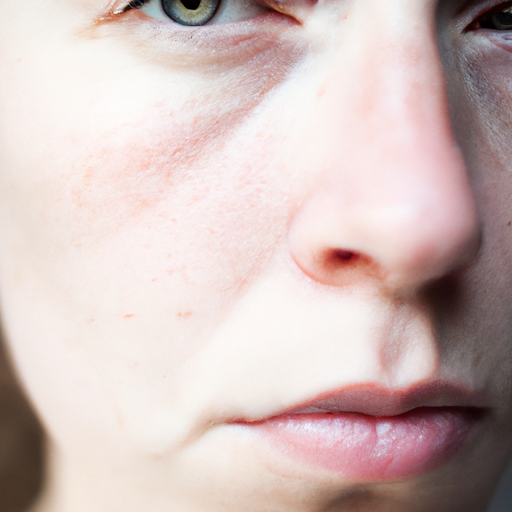Dry skin, medically known as xerosis cutis, is a common condition that affects many people worldwide. It is often characterized by a lack of moisture in the skin, resulting in a rough, scaly, or flaky appearance. While dry skin can be a mere annoyance for some, for others, it can lead to more severe symptoms such as redness, itching, and even cracking and bleeding. Understanding the symptoms and root causes of dry skin is crucial in managing this condition effectively.
The symptoms of dry skin can vary from person to person, but some common signs include a feeling of skin tightness, especially after showering, bathing, or swimming; skin that appears shrunken or dehydrated; skin that feels and looks rough; itching; slight to severe flaking, scaling, or peeling; fine lines or cracks; redness; and deep cracks that may bleed.
In severe cases, dry skin can lead to complications such as eczema (in which the skin becomes inflamed), secondary bacterial infections (from scratching and breaking the skin), and cellulitis (a potentially life-threatening bacterial infection). Therefore, it is essential to understand the root causes of dry skin to prevent these complications.
Dry skin can be caused by a variety of factors. One of the most common is environmental conditions. Cold, dry winter air can lead to dry skin, as can hot, dry summer weather. Indoor heating, air conditioning, and even long hot showers or baths can also strip moisture from the skin.
Another common cause of dry skin is age. As we age, our skin produces less sebum (our skin’s natural moisturizer), which can lead to dryness. Hormonal changes can also affect sebum production and hence the skin’s moisture levels.
Certain diseases and medical conditions can also cause dry skin. These include atopic dermatitis (the most common type of eczema), psoriasis, diabetes, hypothyroidism, malnutrition, kidney disease, and certain genetic disorders.
Skin care products can also contribute to dry skin. Soap, in particular, can strip the skin of its natural oils, leading to dryness. Other potential culprits include certain shampoos, cosmetics, and laundry detergents.
Lastly, certain medications, both topical and systemic, can cause dry skin as a side effect. These include diuretics, retinoids, certain cholesterol-lowering drugs, and some anti-acne medications.
In conclusion, dry skin is a common condition with various symptoms ranging from mild to severe. The root causes of dry skin are diverse and can include environmental conditions, age, certain diseases and medical conditions, skin care products, and certain medications. Understanding these causes is crucial in managing dry skin effectively. If you have persistent dry skin that does not improve with over-the-counter moisturizers or causes you concern, it is recommended to seek medical advice. A healthcare provider can help identify the underlying cause of your dry skin and recommend appropriate treatments.



